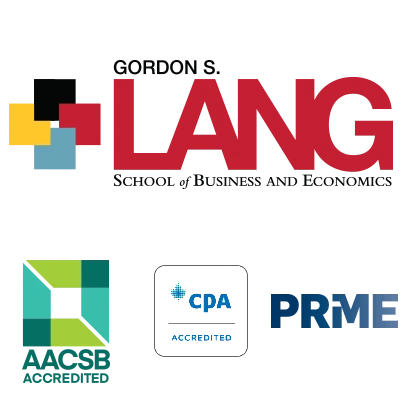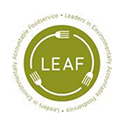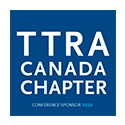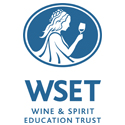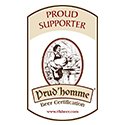One way of establishing causality [1] between variables is through the use of experimentation. This highly controlled method allows the researcher to manipulate a specific independent variable in order to determine what effect this manipulation would have on other dependent variables. Experimentation also calls for a control group as well as an experimentation group, and subjects would be assigned randomly to either group. The researcher can further decide whether the experiment should take place in a laboratory or in the field, i.e. the "natural" setting as opposed to an "artificial" one. Laboratory research allows the researcher to control and/or eliminate as many intervening variables as possible. For example, the restaurant decor could possibly influence response to a taste test, but a neutral setting would be seen as eliminating this extraneous variable.
In the hospitality and tourism industries, experimentation is used relatively rarely, except perhaps in test marketing a new or revised product or service.
The experimental design is conclusive research [2] that is primary research [3] in nature. Experimentation is a quantitative research [4] technique, but depending on how the experiment is set up, it may relate more to observation [5] than direct communication [6].
